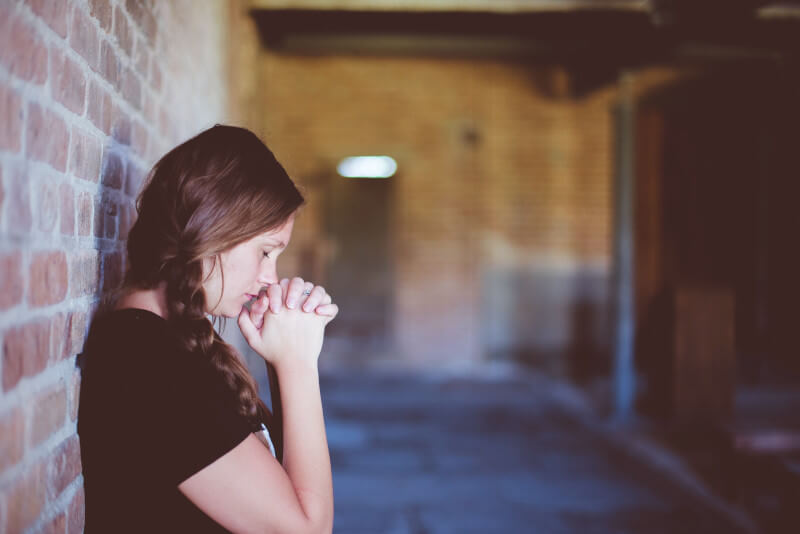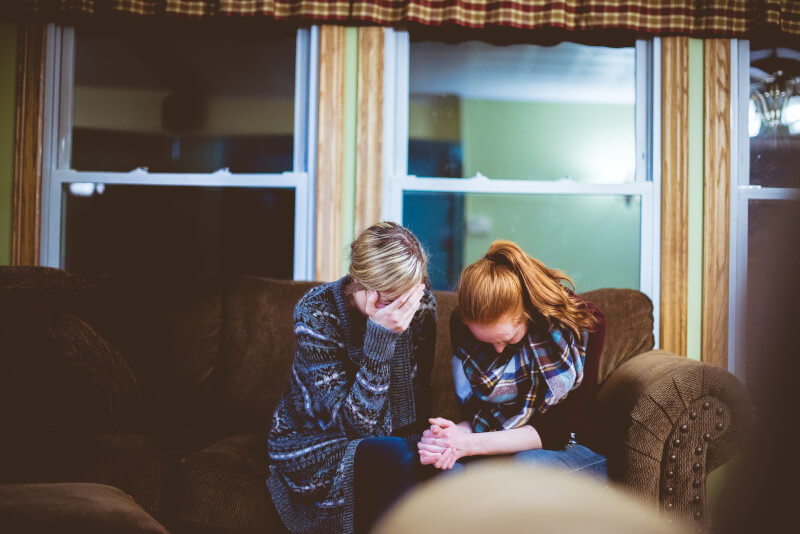It is especially important to have an understanding of bereavement and mourning after a loss has occurred.
The death of a loved one is an experience that is excruciatingly painful and devastating, and it can frequently feel as though it is not real. Although everyone deals with grief and bereavement in their unique way, there are some universal aspects of the grieving process that can be beneficial to comprehend to make one’s journey through loss ultimately more manageable.
“The death of a beloved is not the only thing that can cause a person to experience a sense of loss. Grief can also be experienced by people in response to other life changes, such as the end of a significant relationship, the loss of a job, or other material possessions, such as a home, as a consequence of tough financial circumstances. According to Megan Hosking, a Psychiatric Intake Clinician at Akeso mental health care facilities, “These cases have become increasingly prevalent during the Covid-19 outbreak.”
Phases of Bereavement and Grief
Elisabeth Kübler-Ross, a Swiss-American psychiatrist, is credited with being the first person to describe the five stages of grief that are currently the most well-known. In spite of the fact that these stages are frequently portrayed as a sequential process, it is of the utmost significance to understand that they are not intended to produce neat and organized parcels for feelings, nor do they necessarily occur in this sequence for all. According to Kübler-Ross, each stage of grief and loss is experienced differently by various individuals, and the amount of time that each phase lasts also differs from person to person. It is possible for a person who is grieving to move between the different stages of the mourning process.
Denial

The state of distress and denial that many people go through immediately after suffering a loss is the first emotion that they feel. Things may not seem real or make logical sense, and the actuality of the loss may not have set in just yet. A person who is in a state of denial about a loss may carry on with their life as if the loss hasn’t occurred, and they or may be unable to feel the emotions that are connected with the loss.
Anger

Anger can frequently feel like it has no end; an individual might be angry at the deceased person, their relatives, the situation, the healthcare system, their practitioners, their workplace, and even greater power. They may also feel angry at themselves. Anger directed at others who a person believes may have contributed to or caused their loss is a common expression of emotions of regret and remorse, whether those feelings are real or perceived to be so.
Negotiating

One might try to reverse the loss or at the very least lessen the sense that they have been harmed by bargaining with others or with a higher power and making deals, agreements, or promises to them. When a couple breaks up and one person tries to win the other person “back,” this is a common scenario that plays out.
Depression

At this point, a person’s eyes are typically opened to the truth of the situation, and they shift their focus to the here and now. One might experience intense sadness, the desire to isolate themselves from others, or the urge to do nothing at all. Depression as a phase of grieving is not the same thing as depression as a mental disorder that can be diagnosed and treated. A state of depression is an ordinary and appropriate reaction to the death of a loved one or any other significant loss, and most of the time, this state of depression will eventually evolve into a place of acceptance with the passage of time.
Acknowledgment

It is not true that once you accept something, everything will all of a sudden feel normal again, that you will be completely healed, or that you will be “okay” with the loss that you have endured. This phase is more about realizing that living without your loved one or in your new reality is the way the world is going to be, and beginning to learn to survive with that – even though it will continue to affect the individual and you may still feel tremendous sadness or experience the loss every day. During this stage, you will also learn to live with the fact that things have changed.
Unexpected Loss

Losing a loved one unexpectedly, as may be the situation with the existing COVID-19 pandemic, can be a very traumatic event, and it is also frequently endured differently than a loss that is the result of a long-term illness or that was expected. There isn’t any time to get ready for the loss, and there is a good chance that one will not have their entire support system available to them at the time. It’s possible that you’ll have a number of questions about the loss, the events that led up to it, and what exactly took place, and your feelings of shock may stick around for a while.
Powerful emotional and physical reactions are not uncommon in the aftermath of a sudden loss. These reactions can include, but are not limited to the following:
Shock can cause a variety of symptoms, including
- Trembling
- Incapacity to move
- Abdominal discomfort
- Headaches
- Burnout,
- A feeling of being on edge
- Insomnia
In most cases, this will pass after a few days; however, if it does not, one should seek the assistance of a professional. Having the impression that you are all by yourself and that no one can empathize with what you are going through. Anger and regret. After suffering a loss, it is normal to experience feelings of sadness, despair, remorse, anger, isolation, insomnia, altered moods, altered appetites, and altered levels of energy. Even so, if any of these feelings seem overwhelming or continue for an extended period of time, it may be a good idea to seek the assistance of a trained professional.
